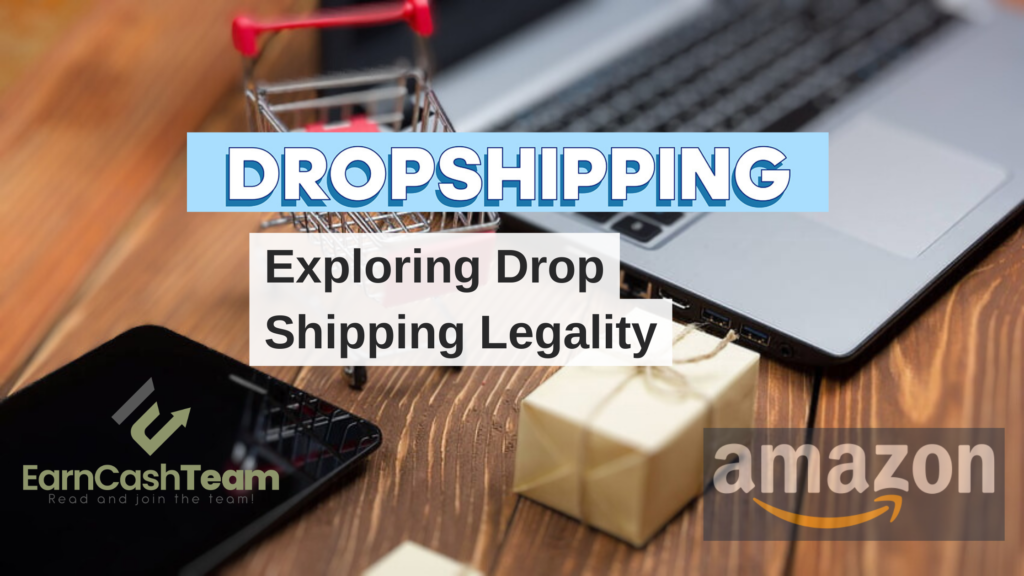Exploring Dropshipping Legality: Is Dropshipping Legal? (EXPLAINED)
Starting and running an eCommerce store can be dauntingly complex when it comes to legalities. Many factors need to be considered such as taxation, marketing, privacy policies and trademark issues – this may seem intimidating at first but there are ways you can reduce risks while operating within the law.
You can also explore other tips about e-commerce with us!
In this article, we’ll address some of the most frequently encountered concerns with dropshipping and provide guidance to help avoid potential legal issues. From whether a business license is needed for dropshipping to how customers can be safeguarded legally – with this knowledge at your fingertips you’ll be ready to set up your store with peace of mind that all legal requirements have been fulfilled.
Dropshipping differs from traditional retail businesses by not involving inventory purchase and storage costs; rather, online sellers work directly with suppliers to fulfill orders. This model enables them to sell more products while eliminating warehouse or storage fees; it also lowers initial investments while creating greater flexibility when creating product catalogs. However, it doesn’t negate legal obligations; sellers still must abide by all local and national eCommerce laws when operating this way.

Exploring Dropshipping Legality
People may wonder whether it is legal to become a dropshipper; the answer is in the affirmative! Dropshipping is a legal and widely recognized method of order fulfillment worldwide; however, there are a few factors you must keep in mind before beginning this venture.
As an example, it’s essential to work only with reliable suppliers that allow for dropshipping with clear policies in place on this subject. Furthermore, only sell genuine products legally allowed for sale – for instance selling weapons or fake goods is likely illegal – while adhering to advertising and consumer protection regulations such as disallowing deceptive advertisements and clearly displaying sponsored content or endorsements is key in terms of consumer trust and compliance.
Additionally, it’s key to create a comprehensive return and refund policy for customers to protect your brand image and encourage repeat business. Furthermore, including an effective privacy policy and terms of service on your website will protect both customers and ensure ethical best practices are being upheld.
Following these tips will ensure you work with a reputable and trustworthy supplier. However, be wary and seek additional information if unsure about any legal obligations you have; any disputes could potentially shut down your store! This is why investing in legal experts that provide personalized advice specific to your situation or location could be extremely helpful.
You can directly reach out the Amazon to start!



![What is Document Number in Paypal [EXPLAINED] 4 Document Number in Paypal](https://earncashteam.com/wp-content/uploads/2023/08/Title-390x205.jpg)
